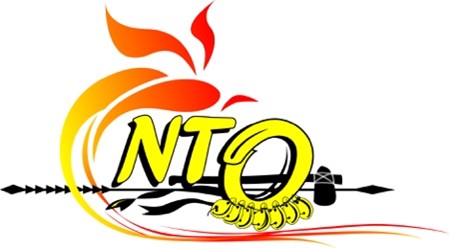NTO Policy Statements
NEC Decisions No.99/2017, No.82/2019 and No.110/2020 directed for the establishment of the NTO to coordinate the implementation of the National Trade Policy including a central trade policy coordination mechanism to guide PNG to maximize its potentials in trade towards achievement of the Government’s ongoing socio-economic development goals and objectives. Based on the above NEC Decisions and in accordance with the Public Service Management Act 2005, the Department of Personnel Management established the NTO.
NTO will coordinate the implementation of the NTP Implementation Strategy Plan captured in the current Government’s Medium-Term Development Plan III 2018 – 2022.
The NTO will undertake the following activities:
Finalize and validate the National Trade Policy Implementation Strategy;
The NTP will complement other policies and strategies of the government and will contribute immensely towards the realization of the PNG Vision 2050 aspirations for building a “Smart, Fair, Healthy, and Happy Society”
Finalize and submit the National Trade Regulation Bill for NEC endorsement and enactment thereafter;
Accordingly, policy interventions and measures have been adopted to help establish an efficient and competitive domestic market; policy interventions that will help build a competitive and sustainable export based economy; and policy interventions for strengthening administration, coordination and implementation.
Trade defence instruments are essential tools to defend domestic industries from unfair trading practices (dumping and/or subsidisation), or imports surges, that cause injury to them.
Support implementation of the Electronic Transaction Act once passed by the Parliament;
The Electronic Transaction Act is a legislation to provide for the use, security, facilitation and regulation of electronic communications and transactions; to encourage the use of e-Government services and to provide for related matters.
Papua New Guinea supports a predictable and rules-based system through the WTO which provides benefits in terms of security in market access with our
trading partners, and adequate policy space to enable us to use trade measures in achieving our development objectives.
Our choice to host APEC in 2018 is a recognition that there is still a lot that needs to be done and it is a gesture of commitment by our government to the APEC process and, indeed, to our membership. We hope to use our chairmanship as leverage to continue to align domestic policies that are consistent with conversations in APEC.
The need for a coherent trade policy framework for PNG was identified by the Department of Trade and Industry (DTI) in 1997, following the country’s entry into the World Trade Organization (WTO) and its participation in the first WTO Ministerial Conference in December 1996. The National Trade Office was established to take stewardship of this role.

